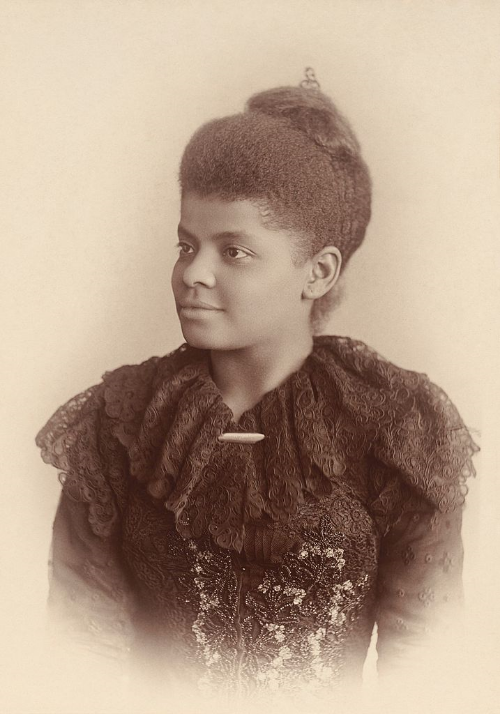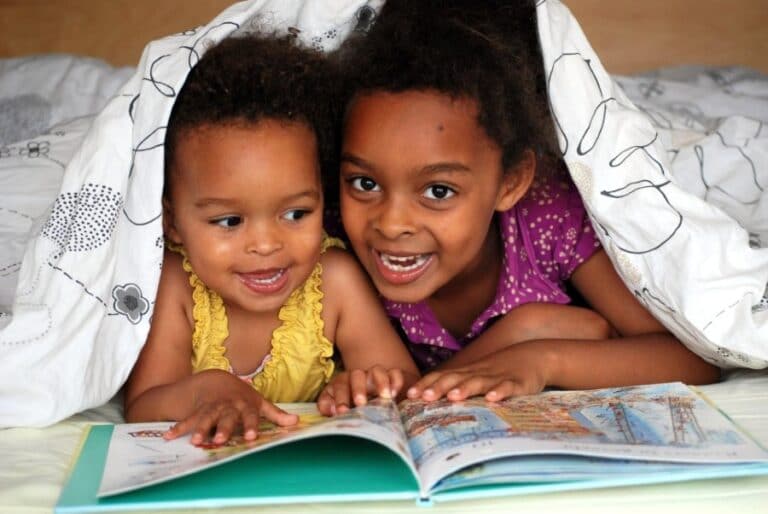We recognize Toni Morrison, Wilma Rudolph, Ida B. Wells, and Deborah Willis for their contributions to literature, sports, history and art, but it is lesser known how motherhood influenced their lives and work. In honor of Black History Month, here are their reflections:

During a conversation at New York Public Library with Junot Diaz, Pulitzer Prize and Nobel Prize winning author Toni Morrison said this about reproductive justice for black women:
“…I never felt more free in my life until I had children. They were just the opposite of a burden. But for black women, enslaved, to have a child that you were responsible for that was really yours, that was really freedom. Cause they took those children; you didn’t have children; you may have produced them but they weren’t yours. They could be sold [and] were sold. To be a mother was the unbelievable freedom.”

Plagued with polio and physical disability as a child, Wilma Rudolph made history in the 1960 Summer Olympic games in Rome, Italy, when she became the first American woman to win three gold medals in the track and field competition.
“My doctors told me I would never walk again. My mother told me I would. I believed my mother.”
Post-Olympics, Rudolph became a mother (raising four children on her own) and worked as a TV and radio broadcaster.

Ida B. Wells was the mother of the anti-lynching crusade in the United States in the 1890s, using journalism as her tool to out injustices against African Americans. However, her commitment to the black liberation movement was questioned by feminists like Susan B. Anthony when she became a wife and mother. Wells proved her doubters wrong:
“I honestly believe I am the only woman in the United States who ever traveled throughout the country with a nursing baby to make political speeches.”

Deborah Willis is one of the nation’s leading historians of African-American photography and curator of African-American culture, as well as a 2005 Guggenheim and Fletcher Fellow and a 2000 MacArthur Fellow. In an interview with the International Review of African American Art about her son Hank following in her footsteps, Willis reminds us that our children not only watch what we do, they teach us, too.
“As a single parent…it was economically difficult to raise a child alone, but family and friends were an important part of our lives. Hank’s [later] artistic development was influenced by my life work, my family, and my artist and photographer friends. As [Hank] came into maturity with his work, he also encouraged me to chronicle my own life events—including my battle with cancer—which I thought no one would want to see.”
Related Articles
7 Great Songs About Being A Mom

















